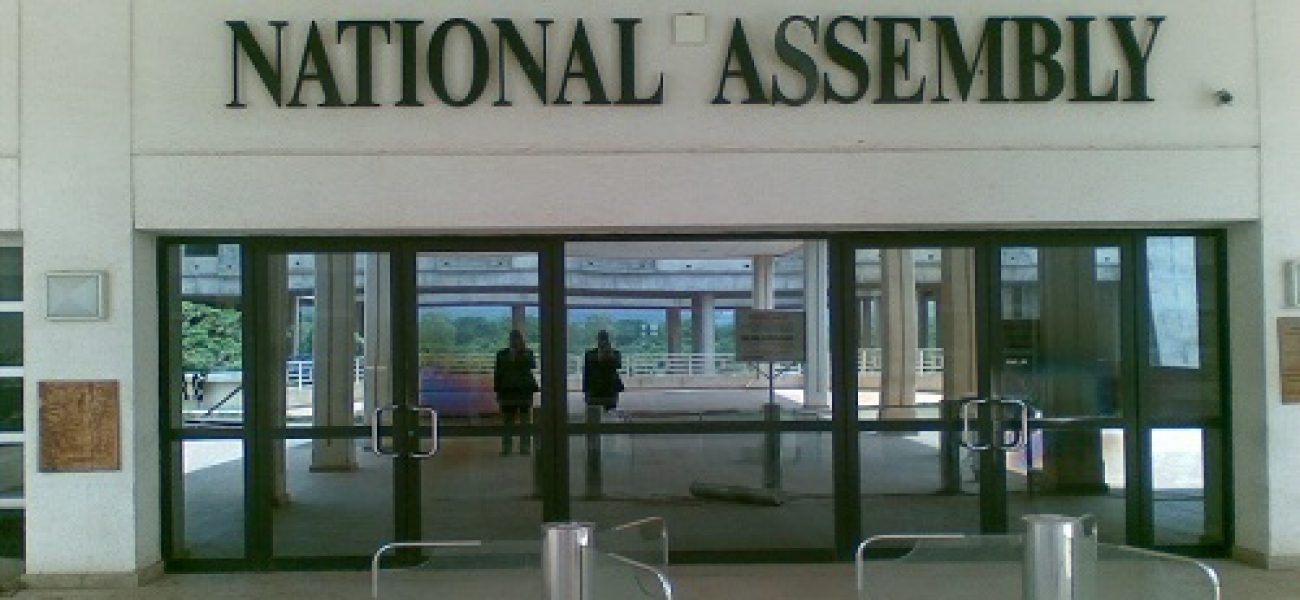There are strong indications of a high turnover of legislators in the forthcoming National Assembly (NASS) election scheduled for 23rd February 2019. While over 60 Senators will be battling for a re-election bid[1], half of the 360 lawmakers in the House of Representatives will not return having either voluntarily withdrawn, lost their primaries or aspired for governorship positions. As has been observed with NASS elections, subsequent election petitions and court decisions will further alter the composition of the Assembly.
The Nigerian National Assembly has suffered from a poor institutional memory-majorly attributed to a low number of returning lawmakers equipped with knowledge of National Assembly’s constitutionally assigned roles of law making, representation and oversight. This position is different from established democracies such as the United States Congress for instance which records a much higher retention rate for legislators.
With Presidential/National Assembly elections scheduled on the same date, there is also the possibility that the election of new lawmakers will be overshadowed by the usual buzz associated with the contest for the presidential position which holds on the same day. Over time, it has been observed that many voters do not place much focus on election into legislative seats as much as the presidential seat. It is arguable that many constituents and voters preparing to vote in the rescheduled February 23rd Presidential and national legislative elections do not know the candidates seeking to represent their constituency or understand the plans of such candidates for their community. This same argument can be made for the State Assemblies whose elections are now scheduled for March 9th. The result is often the emergence of representatives that are accountable to “the powers that be” and not the people, and whose vision and plan do not align with community needs or interests.
Some observers have attributed this phenomenon to the way the elections are sequenced in Nigeria. After the 2015 elections, the National Assembly had tried to reorder the sequence of elections, arguing that joint presidential and legislative elections had a bandwagon effect that led to the emergence of winners who did not compete on their own personal strength and popularity and thus unable to function as independent and effective representatives. The National Assembly’s attempt to limit or reverse this perceived influence of the outcome of the Presidential elections on legislative elections via electoral reform was met with stiff opposition from various quarters with the issue eventually laid to rest.
In the US Congress (which Nigeria is modelled after), Senators and members of the House of Representatives have six- and two-years renewable tenures respectively. Their practice of holding mid-term elections puts legislators in the spotlight, thus providing an opportunity for voters to evaluate their performance and replace them if need be.
Whatever position one holds on the issue of sequenced elections, the fact remains that focus on candidates for legislative elections and well-informed voting of representatives is crucial for the country’s progress. This is because the Nigerian National Assembly has enormous constitutional powers such as law making, oversight, confirmation and removal of key government appointees, declaration of war, setting of electoral rules, and of course, the big item – the power of the purse i.e. appropriation. Unfortunately, the country has grappled with effective legislative representation with citizens complaining of lack of accountability and disconnection from their representatives, some of who are literally and figuratively invisible during their 4-year tenure and resurface during elections to seek for votes.
Just like the National Assembly, State Assemblies have replicated or similar constitutional powers at the state level and have the potential for transforming the lives of citizens in their various regions. They have however not enjoyed the same level of independence that NASS has enjoyed. To address this, a milestone constitution amendment was adopted in 2018 to grant financial autonomy to State Assemblies. This means that going forward, state legislatures would be insulated from financial control of their Governors and can act without fear of politically motivated retribution. With this new constitutional boost should come heightened expectations and demand from citizens that their state reps act in a truly representative manner.
Other factors, chief amongst them being poor executive-legislature relations have served to undermine legislative effectiveness. The trend is that the executive often comes in without a clear legislative agenda while the legislature on the other hand tends to legislate outside key executive policies or priorities. This lack of coherence and conflicting priorities has led to ad-hoc and inconsistent reform efforts in the country and inconsequential outcomes for citizens.
The legislature is an equal arm of government with the executive and judiciary, but at twenty years old (1999-2019) and with massive changes in its composition every four years, it has remained its youngest and least experienced arm. In spite of the loss of experienced legislators that each election cycle brings, there remains the hope and expectation of a new assembly of freshmen and women that would perform better than their predecessors.
Ultimately, the composition of the incoming assembly would depend on the decision of the electorate in the upcoming elections. With over 80 parties fielding candidates for various legislative seats, voters have been presented with a wide variety of options. It is hoped that they will interrogate these candidates who have put themselves forward and only choose credible persons irrespective of party affiliation; persons who are competent and capable, who are prepared to serve and engage, and who can be called to order if they fail to do so.
[1] Senate Votes and Proceedings, Volume 11, 8th National Assembly, Second Session Tuesday 21st March, 2017 to Friday, 9th June 2017

